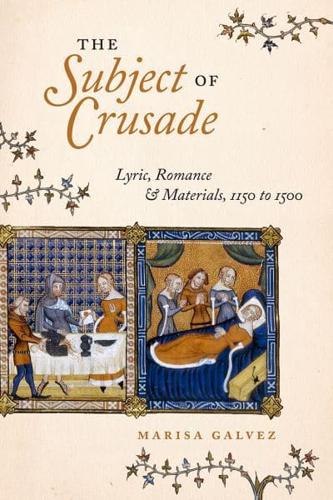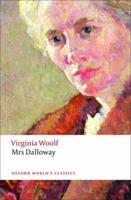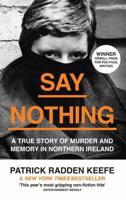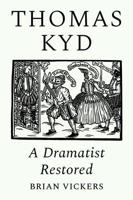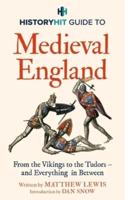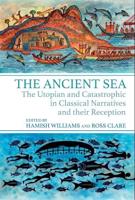Publisher's Synopsis
In the Middle Ages, religious crusaders took up arms, prayed, bade farewell to their families, and marched off to fight in holy wars. These Christian soldiers also created accounts of their lives in lyric poetry, putting words to the experience of personal sacrifice and the pious struggle associated with holy war. The crusaders affirmed their commitment to fighting to claim a distant land while revealing their feelings as they left behind their loved ones, homes, and earthly duties. Their poems and related visual works offer us insight into the crusaders' lives and values at the boundaries of earthly and spiritual duties, body and soul, holy devotion and courtly love.
In The Subject of Crusade, Marisa Galvez offers a nuanced view of holy war and crusade poetry, reading these lyric works within a wider conversation with religion and culture. Arguing for an interdisciplinary treatment of crusade lyric, she shows how such poems are crucial for understanding the crusades as a complex cultural and historical phenomenon. Placing them in conversation with chronicles, knightly handbooks, artworks, and confessional and pastoral texts, she identifies a particular "crusade idiom" that emerged out of the conflict between pious and earthly duties. Galvez fashions an expanded understanding of the creative works made by crusaders to reveal their experiences, desires, ideologies, and reasons for taking up the cross.
In The Subject of Crusade, Marisa Galvez offers a nuanced view of holy war and crusade poetry, reading these lyric works within a wider conversation with religion and culture. Arguing for an interdisciplinary treatment of crusade lyric, she shows how such poems are crucial for understanding the crusades as a complex cultural and historical phenomenon. Placing them in conversation with chronicles, knightly handbooks, artworks, and confessional and pastoral texts, she identifies a particular "crusade idiom" that emerged out of the conflict between pious and earthly duties. Galvez fashions an expanded understanding of the creative works made by crusaders to reveal their experiences, desires, ideologies, and reasons for taking up the cross.
